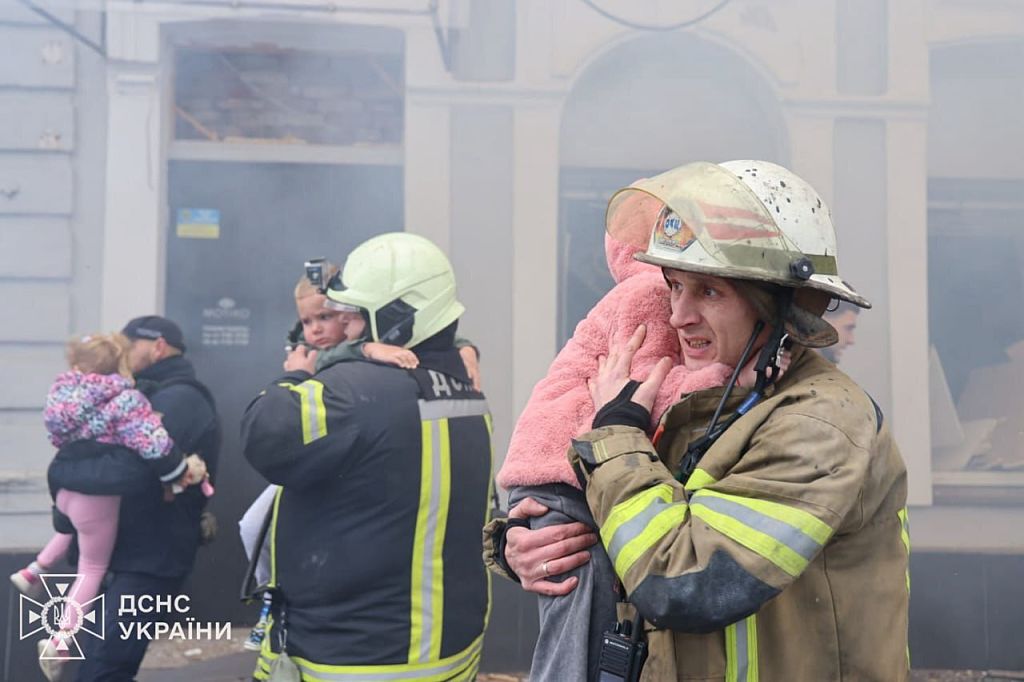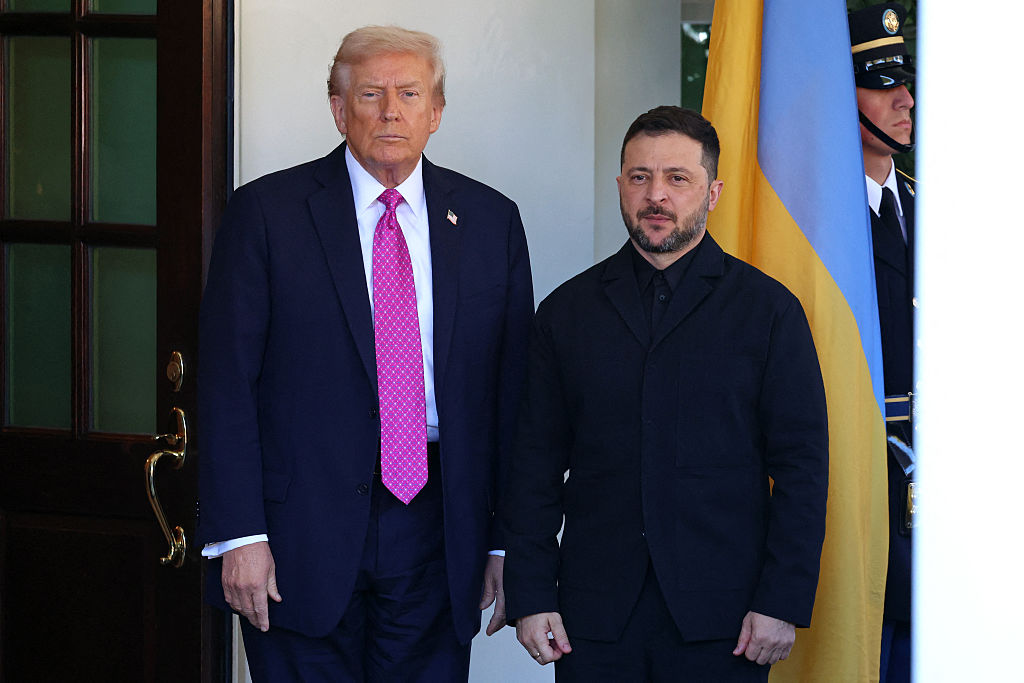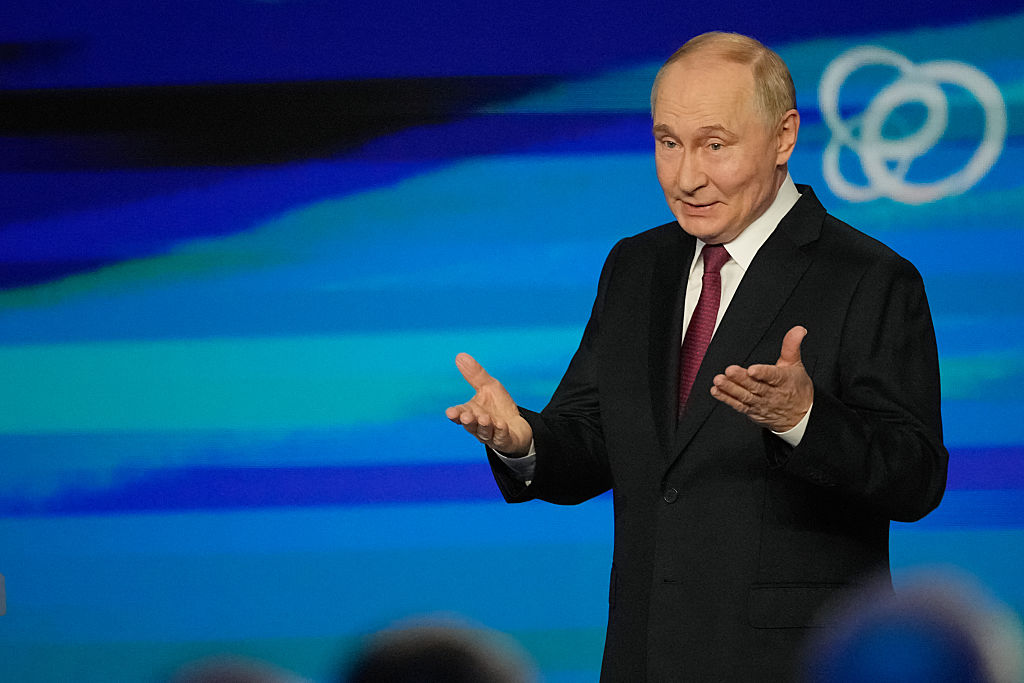As Ukraine pushes forward its long-anticipated counteroffensive, Russian defense minister Sergei Shoigu seems more concerned with reeling in his institutional rivals, not least the wildcard Wagner group. But internecine institutional tensions are not the only affliction plaguing Russian occupation forces. As temperatures rise and the Ukrainians press the frontline, infectious diseases remain another challenge for Russian forces.
In Wagner’s assault on Bakhmut, the self-proclaimed “most powerful army in the world” made a slow, eight-month advance and suffered soaring casualties, of which 90 percent were reportedly prisoner recruits. One in five of the 50,000 Wagner prisoner recruits who made up the bulk of their assault on Bakhmut were HIV positive — and a staggering 80 percent arrived on the frontline with some sort of infectious disease, such as hepatitis, according to a recent New York Times report.
Independent sources in Ukraine suggest that Wagner uses medical bracelets — red for those with HIV, and white indicating someone has hepatitis C. Ukrainian hospitals have reportedly refused to treat Wagner mercenaries because, according to a report in Ukrainkska Pravda, many of the fighters are suffering from HIV/AIDS, syphilis, tuberculosis and pneumonia.
However, the difficulties facing Wagner is just the tip of the iceberg of Russia’s health crisis. As much of the world successfully implemented scientific-consensus backed policy to mitigate sexually transmitted infections (STIs) such as HIV and hepatitis, (for which a substantial proportion of infections are due to intravenous drug use), Russia opted for the opposite approach. As a result, it is now — along with its neighbors in Central Asia — the only region of the world where HIV is still on the rise.
Putin is as much to blame for this health crisis as he is for the war in Ukraine. He is a leader committed to anti-Western rhetoric who cuts down his critics and tends to his own image as a traditionalist strongman. Inevitably, then, Putin is unlikely to back policies which support marginalized groups, such as drug users. Unfortunately for Russia, those are precisely the policies which tend to work.
The Russian failure to adopt such programs or provide adequate treatment for citizens comes directly as a result of the politicization of public health. Putin’s approach has been to strengthen “traditional values” and reject “Western” approaches, simultaneously clamping down on civil society. The 2013 “gay propaganda” law and the 2012 “foreign agent” law also make it harder for concerned civil society and non-governmental agencies to operate inside Russia.
Russia is now estimated to have an HIV positive population of over 1 percent, which is around 1.5 million from a population of 146 million. For comparison, in the UK less than 0.2 percent of the population is estimated to be living with HIV, or less than 110,000 out of a population of 63 million, and new transmissions are at an all-time low. Lack of treatment, awareness or testing means that Russia’s HIV-associated mortality rate is high — 18.5 per 100,000 for Russian men — compared to 1.5 per 100,000 in the US, for example, or less than one per hundred thousand in Europe. If current trends continue (including the country’s decreasing life expectancy), the HIV associated mortality rate in Russia could overtake the country’s cancer mortality rate by 2030. Hepatitis C prevalence, meanwhile, stands at a high 4.1 percent.
The same anti-Western, anti-scientific authoritarian mindset which led to the invasion has turbo-charged the Russian health crisis. It is a disaster which, like Russia’s botched invasion of Ukraine, is stoked by the Putin regime’s reluctance to acknowledge failings or implement reform. As the Russian army takes over the practice of recruiting from prisons, (up to 10,000 convicts signing up this April alone, according to the UK’s Ministry of Defense), it seems that Wagner’s propensity for fighters with transmissible infections on the frontline is set to be transplanted into the formal Russian Army — already reportedly ill-equipped, badly fed and slowed down by rigid hierarchical doctrine.
Putin’s abandonment of marginalized groups in Russia — and his turning a blind eye to the health crisis in Russian prisons — has become a major liability on the battlefield. Troops will require serious medical treatment to suppress pre-existing infections, or risk having their fighting effectiveness weakened by their compromised immune systems. It would seem like just karma for the Russian military except that, as usual, it is the ordinary Russian who is paying the price for Putin’s mistakes and anti-scientific populism.
This article was originally published on The Spectator’s UK site.

























